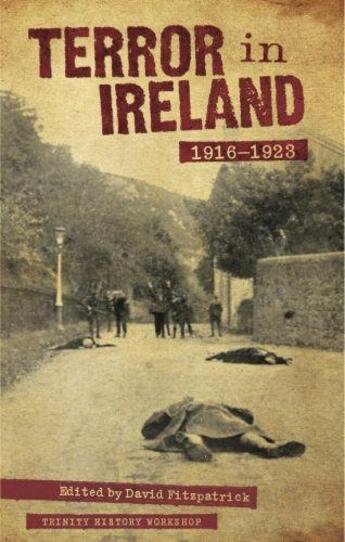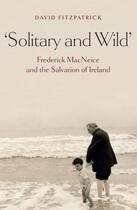-
Nombre de pages : (-)
-
Collection :
(-)
-
Genre :
(-)
-
Thème :
Non attribué
-
Prix littéraire(s) :
(-)
Résumé:
The practice of terror in revolutionary Ireland remains a highly controversial topic, which seldom receives either balanced or dispassionate treatment. This collection of essays is designed to illuminate the varied origins, forms and consequences of terror, whether practised by republicans or... Voir plus
The practice of terror in revolutionary Ireland remains a highly controversial topic, which seldom receives either balanced or dispassionate treatment. This collection of essays is designed to illuminate the varied origins, forms and consequences of terror, whether practised by republicans or forces of the Crown. It is the fifth production of the Trinity History Workshop, an informal group of academic historians, research students, and undergraduates associated with Trinity College, Dublin. The Workshop's reputation was established in 1986 by its first collection, Ireland and the First World War, subsequently reissued by The Lilliput Press. The current volume is dedicated to the memory of a distinguished former member, the late Peter Hart, whose studies of both revolutionary and counter revolutionary terror continue to arouse lively and sometimes intemperate debate. Several chapters emerged from papers delivered at a one-day conference in Trinity College in November 2010, while others have been specially commissioned for this book. The contributors, including gifted postgraduate and undergraduate students as well as prominent historians, tackle many facets of terror, such as 'Bloody Sunday', the Kilrnichael Ambush and the Sack of Balbriggan. Scholars, students, political activists and all those interested in the Irish Revolution will find both provocation and enlightenment in this book. Its purpose is not to assign blame to one party or another, but to offer varied perspectives on one of the most contentious periods of Irish history. The book is enhanced by illustrations, maps and charts.
Donner votre avis















